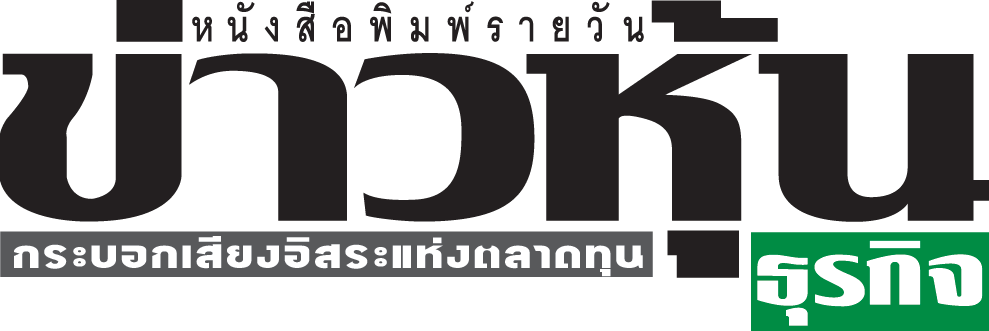
Supreme Court Rules in GULF’s Favor on the Bidding of 5,300MW IPP Projects
Supreme Court Rules in GULF’s Favor on the Bidding of 5,300MW IPP Projects
Gulf Energy Development Public Company Limited (SET: GULF) has made a notification to the Stock Exchange of Thailand (SET) with reference to the participation of Independent Power Development Company Limited (IPD), a subsidiary in which the company holds 70% stake, in the 2012 Independent Power Producer (IPP) Bidding Solicitation (IPP Projects) for the IPP power project with installed power generation capacity of 5,300 megawatts, in which IPD was the winner. Subsequently, IPD appointed Gulf SRC Company Limited (GSRC) and Gulf PD Company Limited (“GPD”), which are wholly owned subsidiaries of IPD, to operate the IPP Projects and to enter into Power Purchase Agreements (PPA) with the Electricity Generating Authority of Thailand (EGAT).
During 2014, the Monitoring and Auditing Committee of Fiscal Expenditures (MACFE) resolved to appoint the Energy Regulatory Commission (ERC) to initiate an investigation on the bidding process of the IPP Projects, which was alleged to be non-compliance with Thailand’s Power Development Plan, relevant ERC regulations and the Request for Proposal (RFP). The ERC then established a sub-committee to conduct an investigation and report its findings to the MACFE.
The MACFE, later, assigned the Ministry of Energy (MOE) to further investigate the IPP Bidding Solicitation in which the MOE appointed an Ad Hoc Committee from the MOE to further investigate and provide solutions to the IPP Bidding Solicitation. Subsequently, the MOE requested to negotiate with the company to cancel the GPD project, one of the IPP projects, of which the PPA with EGAT was signed. In addition, the MOE sent a letter requesting the Board of Investment of Thailand (BOI) to delay the BOI approval process of both GSRC and GPD projects.
On July 23, 2015, IPD, GSRC and GPD (Plaintiffs) filed an administrative lawsuit to the Central Administrative Court of Thailand against (i) ERC, (ii) the Office of the ERC, (iii) MOE and (iv) the Ad Hoc Committee (Defendants) that the investigation was not performed in accordance with the applicable laws, some of the Defendants who had authority for the investigation had conflicts of interest, information determined by the Defendants during the investigation was distorted and the Plaintiffs were obstructed to develop the IPP Projects by the action of the Defendants. The Plaintiffs requested the Administrative Court to issue an order to prohibit the Defendants from conducting any further unlawful investigation on the IPPs Bidding Solicitation, or to stop using the result of such unlawful investigation, whether internally or externally, with other government authorities.
On December 8,2016, the Administrative Court judged that the investigation conducted by the Defendants was lawful; however, the use of investigation or reference of the result of investigation is not within the MOE’s authority, resulting in damages to the Plaintiffs. The Central Administrative Court also ordered the MOE to revoke its letter requesting the BOI to delay the BOI approval process of the IPP Projects. Subsequently, on March 24, 2017, GSRC and GPD finally obtained BOI approval.
On January 4, 2017, the MOE submitted an appeal to the Supreme Administrative Court, as the MOE viewed that its actions did not cause any damages to the Plaintiffs. On June 20, 2017, the Plaintiffs submitted a statement against the appeal to the Supreme Administrative Court.
On December 14, 2021, the Supreme Administrative Court judged that the MOE’s actions, both by sending the letter to the BOI and by requesting to negotiate with the Plaintiffs to cancel the PPA, violated and caused damages to the Plaintiffs. As such, the Supreme Administrative Court ordered the MOE to revoke its letter requesting the BOI to delay the BOI approval process of the IPP Projects, and to inform the BOI within 7 days from the date of the ruling. The Supreme Administrative Court also prohibited the MOE from using the result of such investigation with the Plaintiffs to cancel the IPP Projects. The Supreme Administrative Court’s ruling is final.


